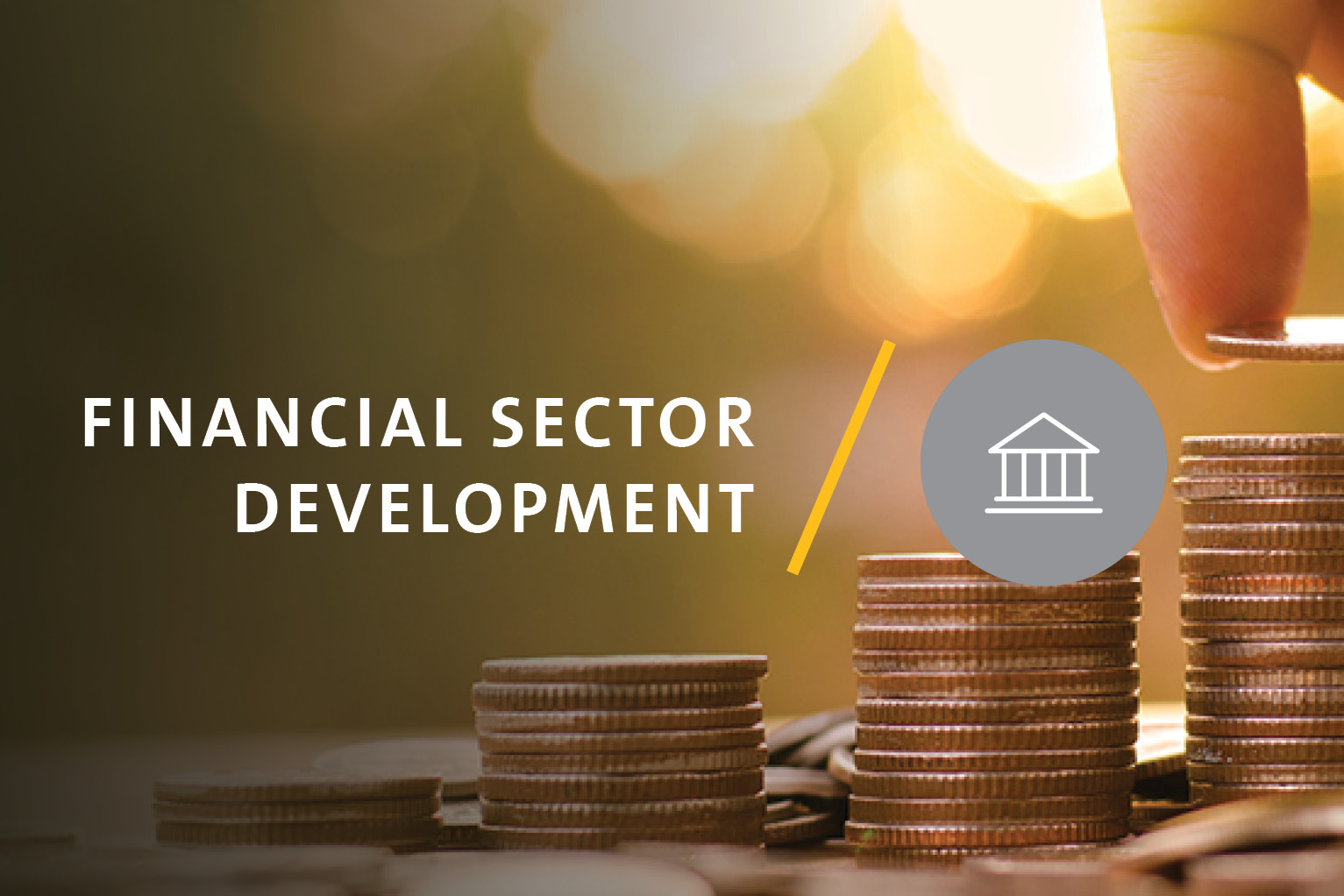
Mobilising private investments in decentralised renewable energy is key for realising the Sustainable Development Goals (SDGs) and the Paris Agreement. Also, lowering barriers for financing for renewable energy is an important steppingstone to build back better after the current COVID-19 crisis. RE technologies have become increasingly commercially viable and are the least expensive and most feasible option to provide millions of people with clean and affordable energy. Linking project and business development with financing –and thereby accelerating the process –is however a persistent challenge. Project and business developers often do not speak the same language as financiers. Substantial funding is available, although not necessarily at the right time and through the right channels: when investing in or financing renewable energy, barriers arise mainly from the combination of a mismatch between the required investment size and the traditional debt and equity offerings, a long repayment period, little collateral availability, weaknesses and limited capacities on the side of investees and often limited knowledge of the RE technologies in the financing institutions. For many local financiers, these factors –especially when combined –lead to a high perceived risk and result in limited investments in RE projects.
In Rwanda, strong electrification endeavours by the government in the last years have increased grid extensions, off-grid access as well as grid access for public institutions. In its economic recovery plan, the Government of Rwanda has stressed again the importance of energy access and electrification by doubling the electrification investment. Rwanda was chosen as a pilot country for this project to support these endeavours by increasing knowledge and capacities on renewable energy in the local financial sector.
The objective of the pilot initiative is bringing decentral renewable energy projects and the financial sector in Rwanda closer together by increasing the understanding of risks and mitigants and addressing specific coaching and training needs in the financial sector.
- University qualification in studies related to the financial sector, banking or energy or equivalent
- Excellent business English skills
- Several years track record of project management as well as familiarity with trainings and coaching in financial sector development projects
- Long experience in lending to the renewable energy sector
- Extensive management/leadership experience as project team leader or manager in a company
- Work experience in projects in Africa, work experience in Rwanda is an asset
- Familiarity with international development organizations
Team leader: 38 days, thereof about 14 expert days on-site, expected from March to September 2021.
Please upload your most recent CV here, indicating the name of the project.
Please note, that only shortlisted experts will be contaced
